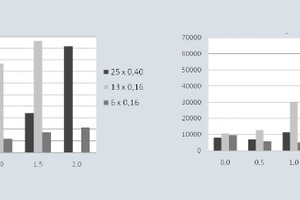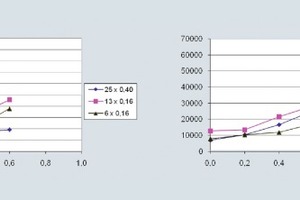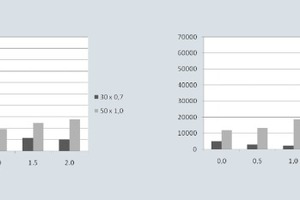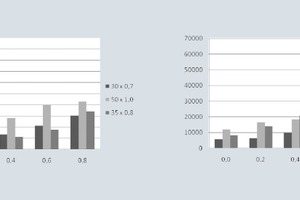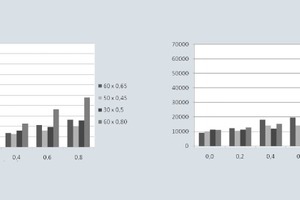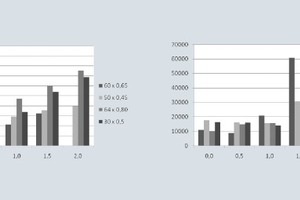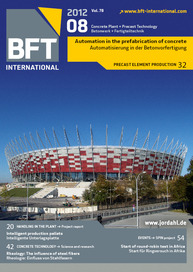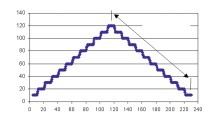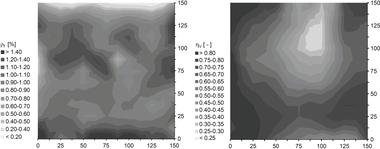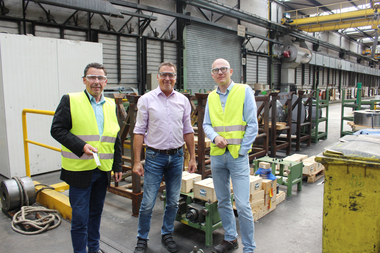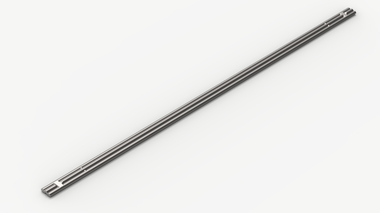The influence of steel fibers on the
rheological properties of SCC
In this paper, the methodology and test results of the investigation of the influence of steel fibers on the rheological properties of Steel Fiber Reinforced Self-Compacting Concrete (SFRSCC) are presented and discussed...
The rheological parameters (yield value g and plastic viscosity h) of SFRSCC, which behaves as a Bingham body, were determined using a new type of rheometer (BT2) for mortar and concrete mix research. In the research, the influence of the volume fraction of fibers, the fiber factor, and the lengths and shapes of fibers on the rheological properties of SFRSCC was investigated and its significance verified experimentally. This paper presents the results obtained for mixes to which three types of steel fiber shapes were added. The concrete mixes were designed so as to provide the workability...

